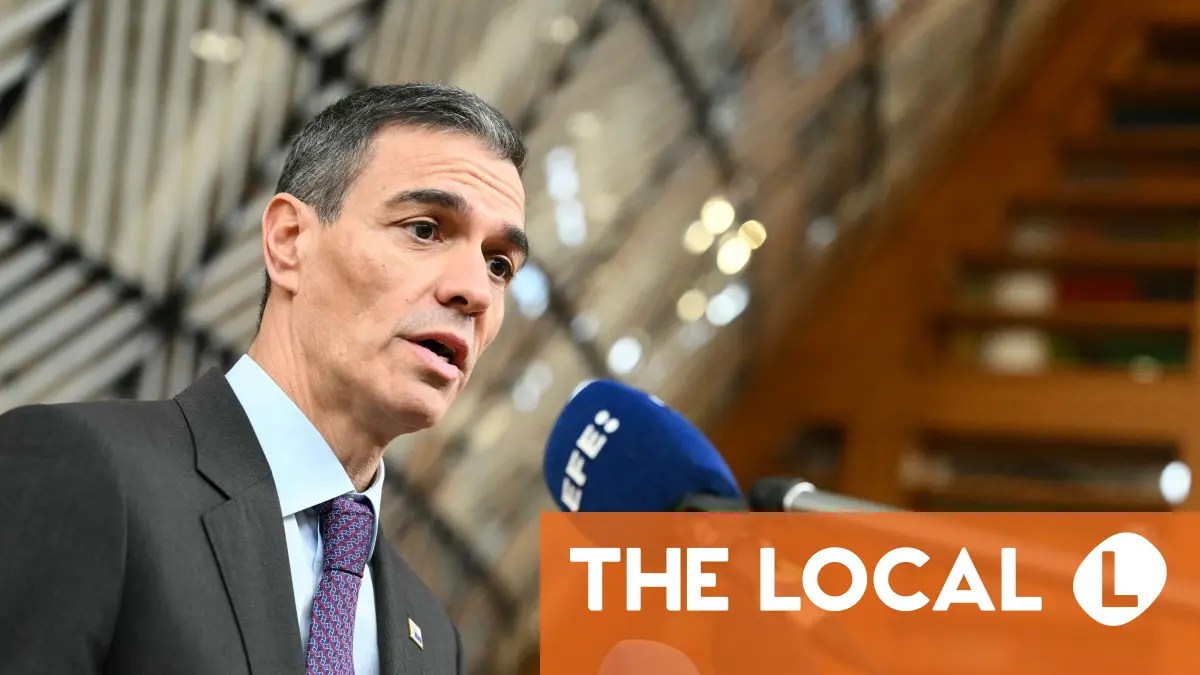Shorouk Express
BERLIN — Germany’s role in the EU has become a central — if unlikely — point of battle between candidates in the run up to the country’s national election.
“Friedrich Merz is running to bring Europe to its grave,” German Chancellor Olaf Scholz declared in a debate in Bundestag on Tuesday, referring to the conservative front-runner to become the next chancellor.
Later on in the debate, Merz fired back.
“This federal government has been more negligent in its dealings with Europe than any before it,” he said. “Never before has a German government been met with so much criticism and so much contempt in Brussels.”
Elections in Germany are not usually won or lost on the issue of the country’s relations with the EU. But Germany’s role in the bloc has become a key battle between Scholz and Merz since a debate on Sunday night in which Scholz attacked Merz for his plans to reject asylum-seekers at the border en masse — a move, Scholz argues, that would go against EU law and undermine European solidarity at a time when Germany most needs the EU to confront U.S. President Donald Trump and his tariff threats.
In parliament, Scholz continued that line of attack.
“If there is one country that benefits from a united Europe like no other, it is Germany,” he said. “If the European Union is targeted by American tariffs, as is already happening with steel and aluminum, then we are more dependent on European solidarity than any other country. Do you think this solidarity will arise if Germany willfully breaks European law, if Germany closes its borders? Do you think our neighbors will just go along with it? That is naive. It harms German interests.”
Merz retorted with a criticism he has often employed in the past, arguing that Scholz and his fallen three-way-coalition — which collapsed late last year due to consistent infighting over spending — had, due to its indecisiveness, lost credibility in Brussels.
Merz has repeatedly vowed to provide more robust leadership on the European stage if he becomes chancellor. Currently, his conservative alliance is far ahead in polls, with 30 percent support, while Scholz’s Social Democratic Party (SPD) is in third at 17 percent support.
“Ambiguity in our positions will not be repeated under my leadership,” Merz said in a big foreign policy speech late January, adding this was part of Germany’s “responsibility” as the largest economy in Europe. Merz has said he will introduce a national security council within the chancellery to better streamline and implement Germany’s foreign policy goals and set clear priorities.
During the parliamentary debate on Tuesday, Germany’s economy minister and Greens chancellor candidate, Robert Habeck, also attacked Merz for the effect his policies would have on the EU, arguing his economic plans would spell the end of the bloc’s credibility when it comes to climate. Merz recently vowed to restore Germany’s industrial competitiveness by putting climate policies on the back burner.
“If Germany votes against climate protection on [Feb.] 23,” Habeck said, “then Europe will not want to meet its climate protection targets. And if Europe falls over, then global climate protection will be over.”
Emily Schultheis contributed to this report.











